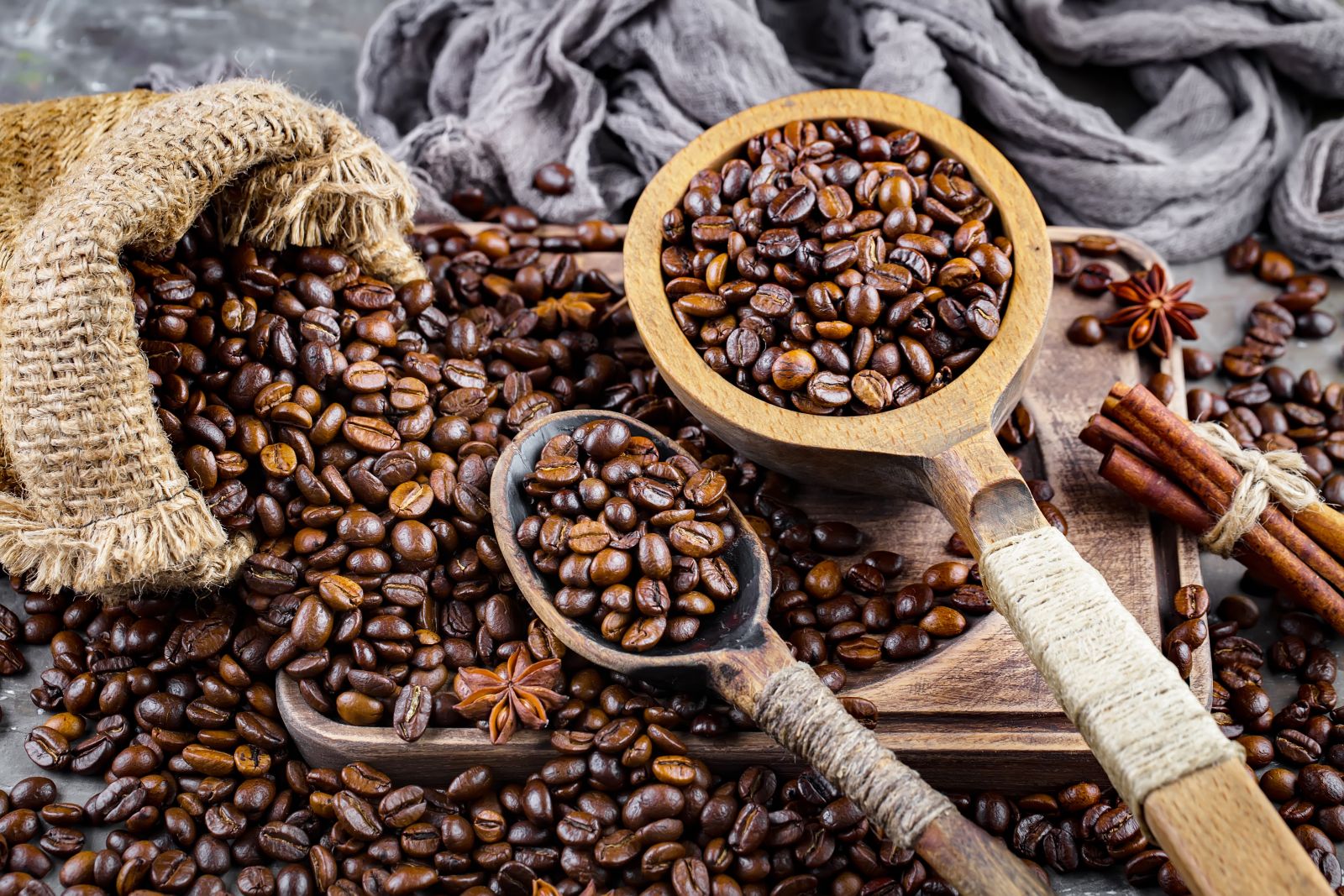
December arabica coffee (KCZ24) Tuesday closed down -1.00 (-0.36%), and January ICE robusta coffee (RMF25) closed down -79 (-1.67%).
Coffee prices on Tuesday posted moderate losses. Coffee prices were under pressure on some negative carryover from Monday, when supply concerns eased when the Intercontinental Exchange said it's delaying planned changes in its coffee and cocoa contracts until the end of 2025 due to uncertainty about the European Union's deforestation regulations.
On Monday, arabica rallied to a 13-year nearest-futures high, and robusta rose to a 1-month high due to potential supply concerns after the European Parliament last week voted to change its deforestation regulations, which could curb the supply of coffee from countries such as Brazil and Indonesia, where deforestation occurs. The EU's Deforestation Regulation measure, known as EUDR, says companies must ensure the products they bring into the EU weren't made in areas deforested or degraded after 2020.
Increased rainfall in Brazil eases dryness concerns and is also bearish for prices. Somar Meteorologia reported Monday that rainfall in Brazil's biggest arabica coffee growing area of Minas Gerais received 60.9 mm of rain last week, or 127% of the historical average. Minas Gerais is Brazil's largest arabica coffee-producing area.
Coffee prices have underlying support from concern about longer-term coffee crop damage due to Brazilian drought conditions. Rainfall in Brazil has consistently been below average since April, damaging coffee trees during the all-important flowering stage and reducing the prospects for Brazil's 2025/26 arabica coffee crop. Brazil has been facing the driest weather since 1981, according to the natural disaster monitoring center Cemaden.
Tight robusta supplies are supportive for robusta prices after Vietnam's General Department of Customs reported last Monday that Vietnam's October coffee exports fell -11.6% m/m to 45,412 MT and Vietnam's Jan-Oct coffee exports fell -11.1% y/y to 1.15 MMT. Robusta coffee also has support from concerns that heavy rain in Vietnam will flood coffee fields, which could delay its coffee harvest. Vietnam, the world’s biggest robusta producer, is at the start of its coffee harvest.
Robusta coffee prices are underpinned by reduced robusta production. Vietnam's agriculture department said on March 26 that Vietnam's coffee production in the 2023/24 crop year dropped by -20% to 1.472 MMT, the smallest crop in four years, due to drought. The USDA FAS on May 31 projected that Vietnam's robusta coffee production in the new marketing year of 2024/25 will dip slightly to 27.9 million bags from 28 million bags in the 2023/24 season.
In a supportive factor for coffee prices, Conab, Brazil's crop forecasting agency, cut its 2024 Brazil coffee production forecast on September 19 to 54.8 million bags from May's forecast of 58.8 million bags.
Signs of larger global coffee supplies are bearish for prices after the International Coffee Organization (ICO) reported November 8 that global coffee exports in Sep rose +25% y/y to 10.76 mln bags and that exports from Oct-Sep rose +11.7% y/y to 137.27 mln bags.
Tightness in coffee inventories is supporting coffee prices. ICE-monitored arabica coffee inventories partially recovered from the 24-year low of 224,066 bags posted in November 2023 to post a 1-3/4 year high of 873,724 bags Monday. Meanwhile, ICE-monitored robusta coffee inventories fell to a 6-1/2 month low of 3,854 lots last Tuesday after climbing to a 1-3/4 year high of 6,521 lots in July. ICE-monitored robusta coffee inventories are moderately above the record low of 1,958 lots posted in February 2024.
Brazilian coffee export news has been bearish. Cecafe reported last Monday that Brazil's Oct green coffee exports rose +11% y/y to 4.57 million bags. Also, Cecafe reported on July 11 that Brazil's 2023/24 coffee exports rose +33% y/y to a record 47.3 million bags.
In a bearish factor, the International Coffee Organization (ICO) last month projected that 2023/24 global coffee production would climb +5.8% y/y to a record 178 million bags due to an exceptional off-biennial crop year. ICO also said global 2023/24 coffee consumption would climb +2.2% y/y to a record 177 million bags, resulting in a 1 million bag coffee surplus.
The USDA's bi-annual report on June 20 was bearish for coffee prices. The USDA's Foreign Agriculture Service (FAS) projected that world coffee production in 2024/25 will increase +4.2% y/y to 176.235 million bags, with a +4.4% increase in arabica production to 99.855 million bags and a +3.9% increase in robusta production to 76.38 million bags. The USDA's FAS forecasts that 2024/25 ending stocks will climb by +7.7% to 25.78 million bags from 23.93 million bags in 2023/24. The USDA's FAS projects that Brazil's 2024/25 arabica production would climb +7.3% y/y to 48.2 mln bags due to higher yields and increased planted acreage. The USDA's FAS also forecasts that 2024/54 coffee production in Colombia, the world's second-largest arabica producer, will climb +1.6% y/y to 12.4 mln bags.







